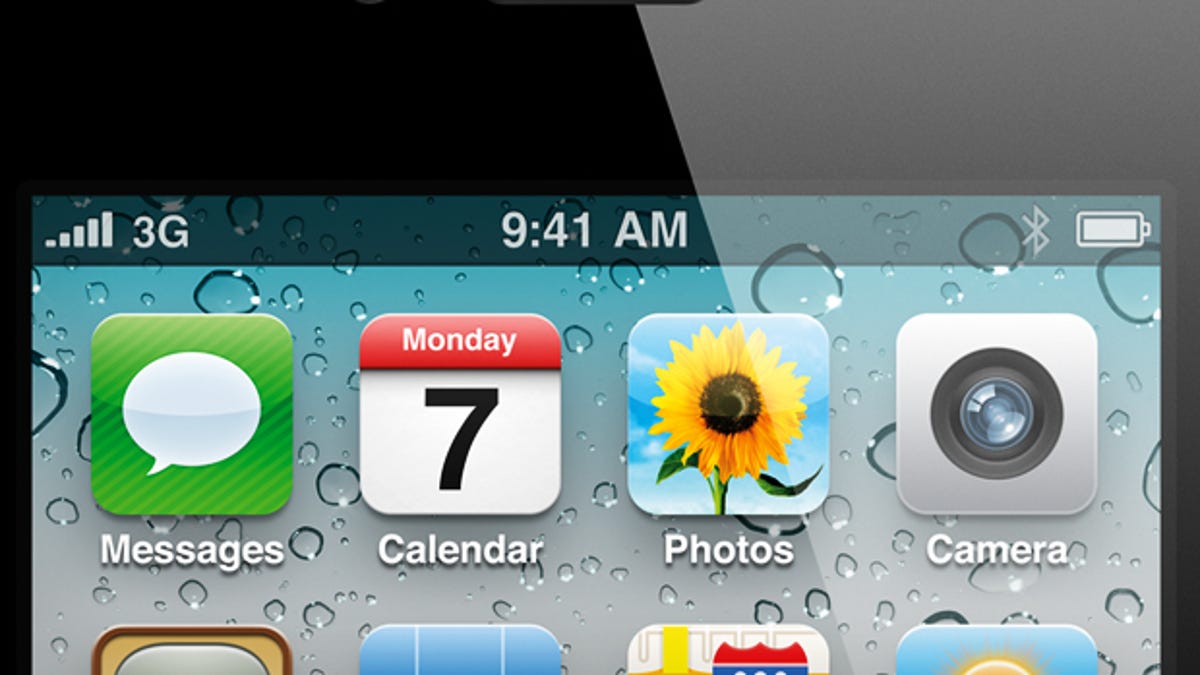Will people pony up for a prepaid iPhone?
Prepaid's hefty upfront cost may turn people off, but there is potential to save money down the line.

The
The key dilemma for a prepaid iPhone is exactly what makes the market so strong: the lack of a service contract. Consumers love the ability to jump in and out of a service, but that freedom comes at a price in the form of a higher upfront cost for the phone.
For the iPhone, that's a particularly tough pill to swallow. Cricket, owned by Leap Wireless, is charging $500 and $400 for the iPhone 4S and iPhone 4, respectively. Virgin Mobile isn't even bothering to give any discounts, offering the two models for $649 and $549.
Now, for anyone willing to pay for a prepaid iPhone, the savings are tremendous. At Virgin Mobile, where the cheapest plan is $30 a month, the total cost over two years would be $1,369. At Leap, it's $1,868.99 (its plan offers unlimited calling). In comparison, AT&T and Verizon's closest comparable plans would cost $2,359.75 over the life of the service contract (they both offer slightly more minutes than Virgin).
So if you're not much of a talker, the Virgin plan is a nice bargain.
Still, the cost of the phone will still be a barrier of entry to many in the prepaid world. Most prepaid customers typically fall into lower income brackets, suffer from credit issues, or both. An expensive iPhone probably isn't the wisest purchase to make for many of these customers.
"The $399 and $499 price points have historically been nearly irrelevant in the prepaid landscape," J.P. Morgan analyst Philip Cusick said in a note issued last week. "Customers will need to come up with the full price on the day of sale. This is not something that traditional prepaid customers can usually do."
Prepaid executives have said in the past that their customers have been increasingly willing to pay more for phones, particularly flashier Android devices. Some are willing to forgo other necessities for a flashier mobile device.
The prepaid carriers like it because it creates a bit of buzz to draw in customers. Given the price tag, it would likely keep customers locked in despite the lack of a contract. No one is going to give up the service after shelling out $500 for a phone.
Still, the iPhone is pricier than anything else in the prepaid world. The most expensive phone in Virgin's current lineup is the HTC Evo V 4G, a rebranded version of last year's Evo 3D that costs $299.99. At Leap, the most expensive phone is the Samsung Vitality for $199.99, which is discounted by another $100 if ordered online.
You get what you pay for with Virgin's plans. Despite being a unit of Sprint, it doesn't get the same access to unlimited data. Customers get 2.5GB of data before Virgin throttles, or slows down, the wireless connection.
While most of the other carriers have had the iPhone 4S for a few months, the prepaid players are just getting the iPhone now. Presumably, this will be the first time that prepaid customers will have access to the iPhone. But why buy one now when the next iPhone is right around the corner? It may be better to wait a few months to see what options are available.
Fortunately for iPhone users, there's a healthy resale market. A used iPhone 4S fetches for $389.48, while a used iPhone 4 sells for $245, according to listings found on eBay.
So if you can stomach the large upfront cost, there are some excellent benefits down the line. But shelling out as much as $649 would make anyone -- prepaid or in a contract -- reconsider whether an iPhone is really worth it.

